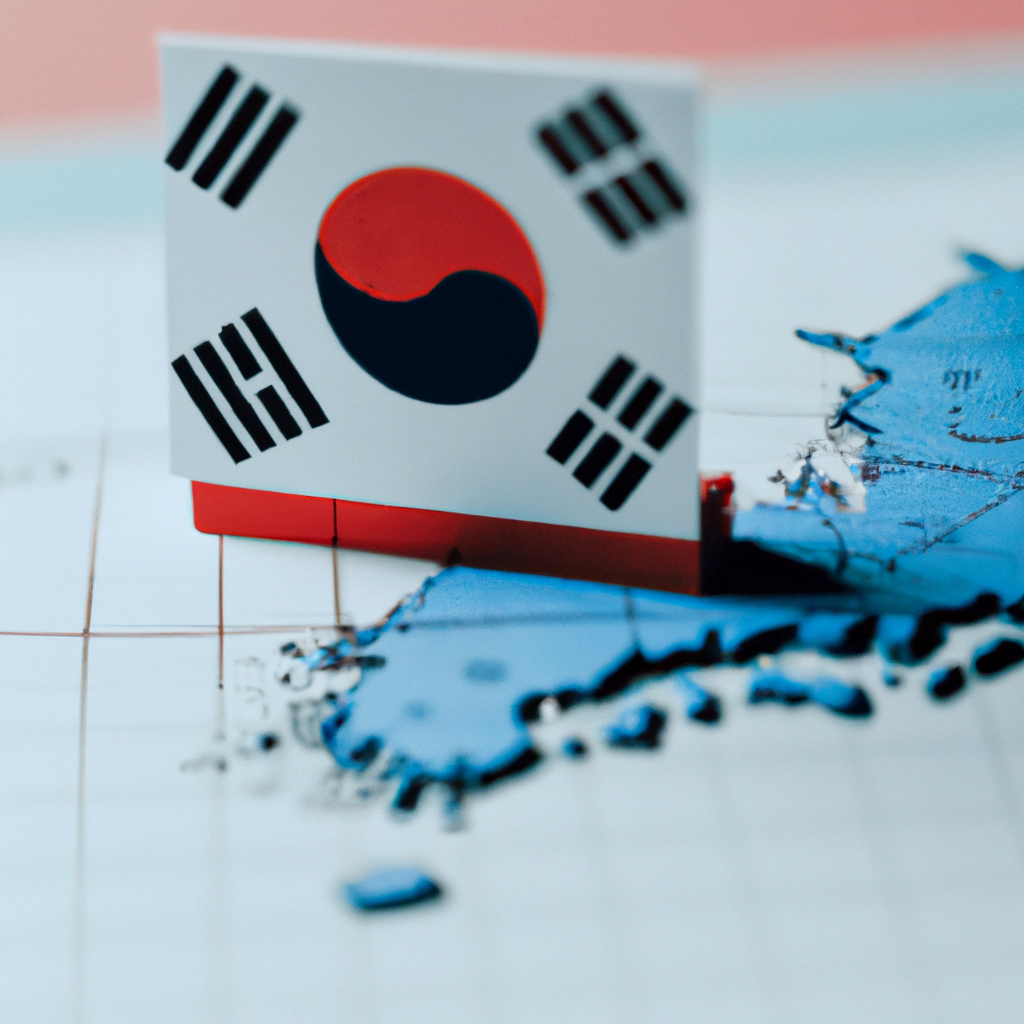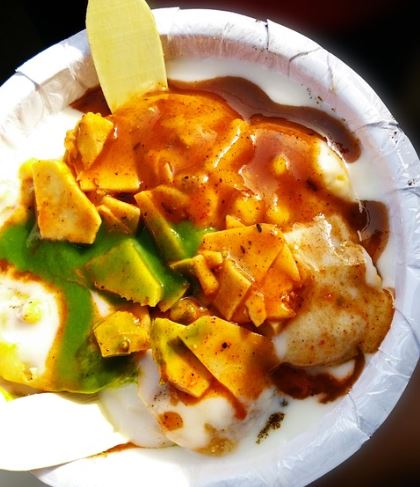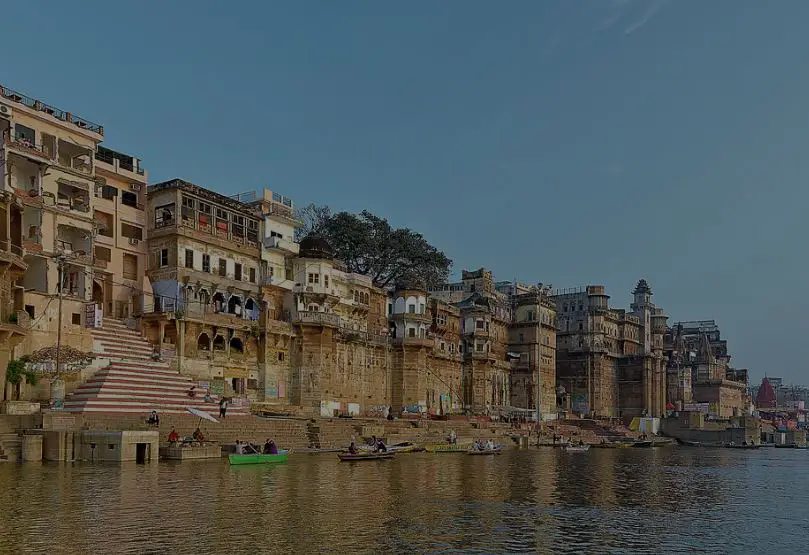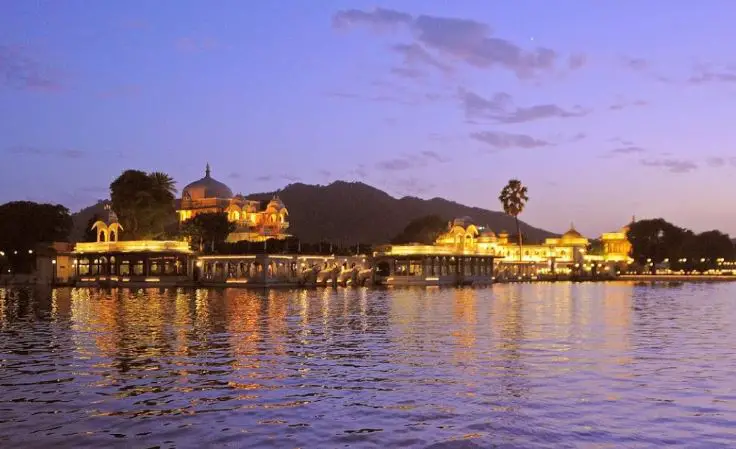What are the best ways to stay safe in South Korea?
Post ByAdequate Travel
Summary
South Korea is a beautiful country filled with breathtaking sights, culinary delicacies, and friendly locals. However, like any destination, it pays to be aware when travelling to this amazing destination. In this blog post, we’ll explore the best ways to stay safe while exploring South Korea. Learn what to look out for and the essential guidelines to prevent any unwanted surprises. Keep in mind that travel guidelines and travel rules may change anytime, so regularly check for updates to ensure a hassle-free and memorable travel experience.1. General Safety
When in South Korea, it is important to take basic safety precautions:
- Avoid walking alone late at night, especially in unfamiliar or poorly lit areas.
- Stay alert and be aware of your surroundings, especially in crowded places.
- Keep your valuables and important documents securely in a hotel safe or hidden pouch.
- Be cautious when using ATMs or handling cash in public areas.
2. Transportation Safety
Ensure your safety while using public transportation:
- Choose licensed taxis or use ride-hailing apps like KakaoTaxi or Uber for safe travels.
- When using the subway, pay attention to safety announcements and avoid boarding crowded trains.
- If using a rental car, comply with traffic rules, wear seat belts, and refrain from drinking and driving.
3. Food and Drink Safety
Enjoy the local cuisine while maintaining food safety:
- Choose reputable restaurants and street food vendors with high customer turnover.
- Ensure that food is thoroughly cooked and served hot.
- Drink bottled water or boiled tap water to avoid consuming potentially contaminated water.
- Take necessary precautions if you have specific dietary restrictions or allergies.
4. Natural Disasters
Be prepared for potential natural disasters:
- Stay informed about local weather conditions and follow any evacuation advisories.
- In case of earthquakes, take cover under sturdy furniture or doorway, and be cautious of falling objects.
- During typhoons or heavy rainfall, avoid low-lying areas prone to flooding.
5. Cultural Sensitivity
Respect the local customs and traditions:
- Learn and follow basic Korean etiquette, such as bowing when greeting someone.
- Avoid sensitive political discussions or controversial topics.
- Respect sacred places, such as temples or shrines, and dress modestly when visiting.









